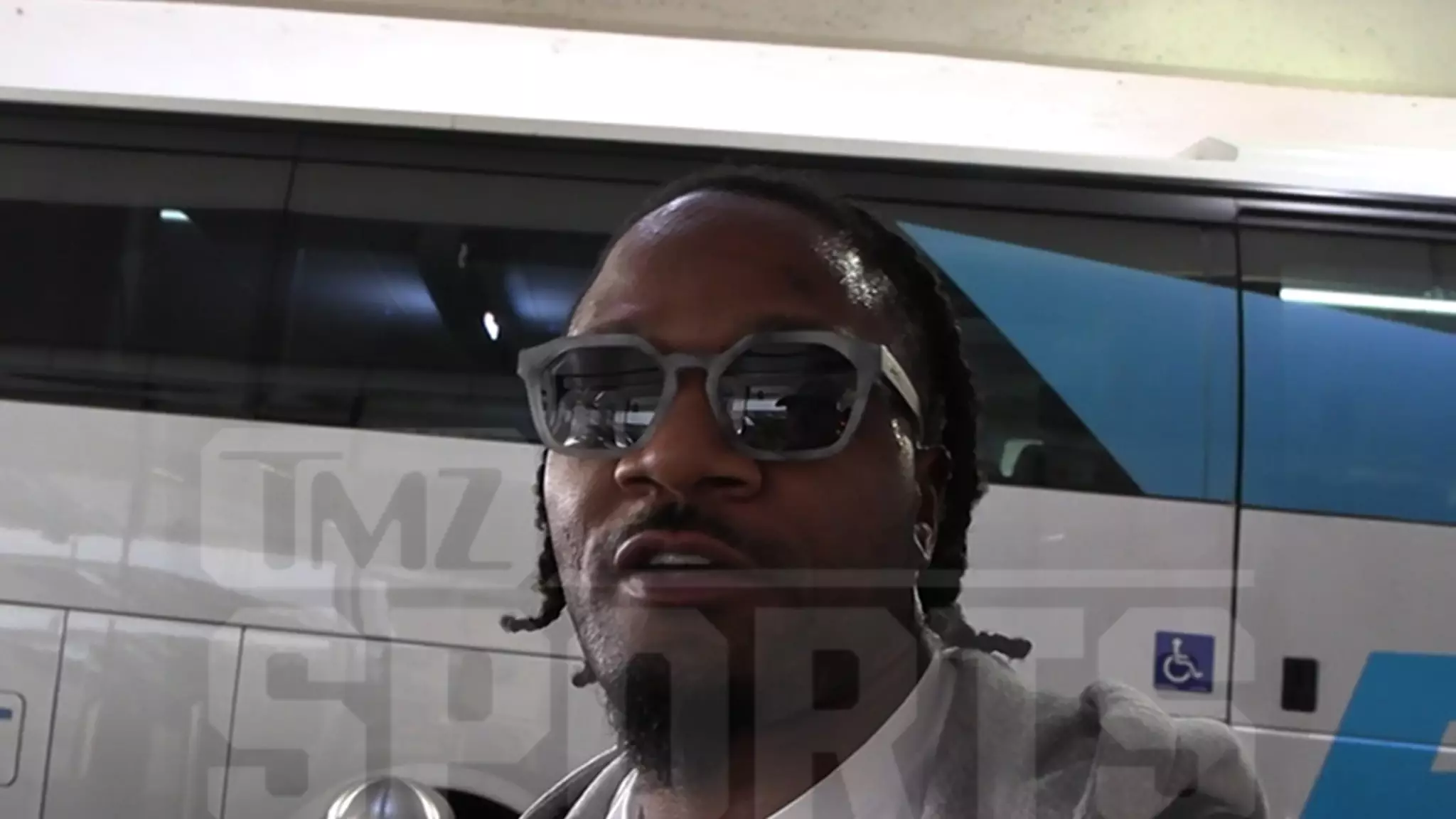The intersection of sports and politics has often been a contentious arena, highlighted recently by the invitation extended to the Philadelphia Eagles by President Donald Trump. This invitation, however, was marred by controversy as several players reportedly contemplated rejecting the honor. Former NFL star Pacman Jones voiced his opinion on the matter, arguing that attending the White House should be a privilege cherished by all champions, regardless of personal political views. This discussion raises questions about the role of athletes in political discourse and whether their presence in politically charged environments is beneficial or detrimental.
According to Jones, visiting the White House is a tradition that symbolizes recognition of hard work and success. He criticizes players who might refuse to attend based on their political feelings, stating it defies the very essence of what it means to be a champion. Jones likens this opportunity to a typical workplace scenario where employees may not agree with their management yet continue to perform their duties. This analogy, while compelling, overlooks the nuance that athletes, unlike everyday workers, are often seen as role models with the power to influence public opinion.
Jones emphasized that the locker room is a sanctuary where politics should be set aside, highlighting the importance of unity in a team striving for a common goal. His argument rests on the belief that the drive to win can transcend individual differences, promoting collaboration amongst players who might otherwise disagree on significant political issues. While this sentiment of camaraderie is commendable, it operates under the assumption that all players feel similarly and are able to compartmentalize their beliefs for the sake of tradition.
Despite Jones’ enthusiasm, it seems there are members within the Eagles’ organization who may not share the same eagerness to visit the White House. The reported reluctance of some players to accept the invitation hints at deeper issues regarding representation and solidarity, particularly for those who may identify with marginalized identities or have grievances related to the current political climate. This situation illustrates an important reality: personal beliefs can deeply affect decisions made in a collective environment, and ignoring these beliefs for the sake of tradition can lead to alienation.
Events like these compel a broader reflection on the lasting implications of visiting the White House as a victory celebration. Pacman Jones’ assertion that players may never receive another such invitation seems short-sighted when placed within the larger framework of a socially conscious athlete’s influence. The evolution of sports figures into political activists shows an increasing trend where athletes leverage their platforms to voice concerns regarding social issues, transcending the traditional confines of sports.
The debate surrounding whether the Eagles should accept the White House invitation underscores a pivotal moment in sports culture today. While traditions hold sentimental value, the evolving societal landscape requires athletes to evaluate their roles not just as winners on the field, but as influential figures capable of inciting change and fostering dialogue. As these dynamics unfold, the conversation continues about the responsibilities of athletes in a politically charged atmosphere and whether they should prioritize tradition over personal convictions.

